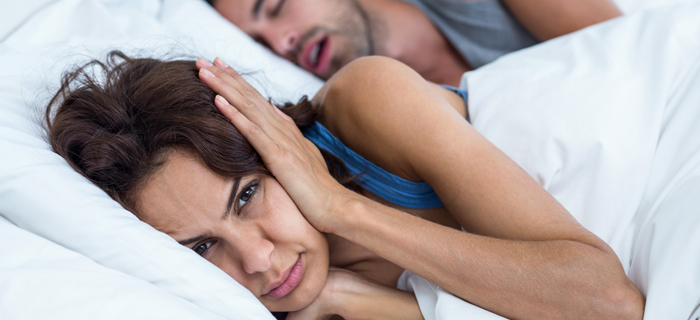
Sleep Center
Talk with your healthcare provider to see if you could benefit from a sleep study at Osceola Regional Health Center.
A lack of quality sleep can lead to high blood pressure, diabetes, obesity, strokes, mood swings, heart disease, and even death. It can affect your driving, your work, and your relationships. And excessive, loud snoring makes it hard for others in your household to rest as well. If you think you, or someone you know, may have an undiagnosed sleep disorder, get tested and receive the help you need before it’s too late.
At Osceola Regional Health Center, our ACHC-accredited sleep center is staffed by nationally registered sleep technicians who are committed to ensuring your comfort and providing you with the highest quality experience so you can get tested, diagnosed, and receive the care you need to avoid dangerous health complications, improve your quality of sleep—and your life.
Common signs and symptoms of a sleep disorder
The first and most common sign of sleep apnea is usually observed by your loved ones: snoring. They might also tell you that you make gasping or choking sounds while you’re asleep. Other symptoms common to sleep disorders include:
- Constant tiredness
- Poor concentration
- Morning headaches
- Depressed mood
- Night sweats
- Weight gain
- Lack of energy
- Forgetfulness
- Sexual dysfunction
- Frequent urination at night
Our Sleep Center can test for a variety of sleep disorders, including:
- Insomnia
- Narcolepsy
- Periodic Limb Movement Disorder
- Parasomnia
- Sleep Apnea
- Heart Arrhythmia Detection
- Seizure Disorder
- Sleepwalking/Sleep talking
- Respiratory Disorder
- REM Sleep Behavior Disorder
- Pediatric Sleep Studies, if patient is 11 or older
Call 712-754-3658 to schedule an appointment with your Osceola Regional Health Center primary care provider to discuss your symptoms if you think you may be a candidate for a sleep study.

Health Fact
It’s estimated that nearly 30 million adults in the U.S. have obstructive sleep apnea.
